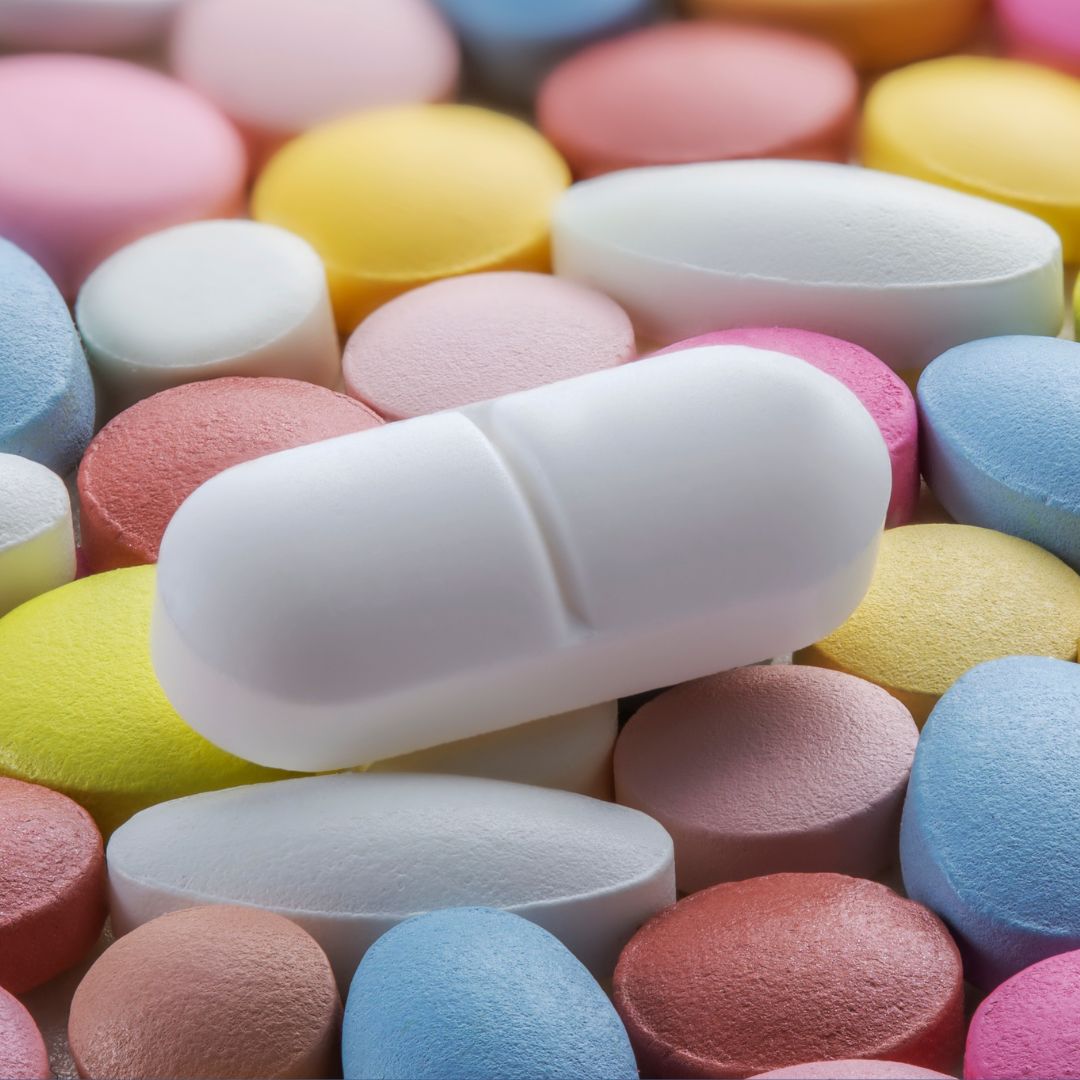超級惡菌
刊載於《am730》,2024 年 2 月 5 日
在人口稠密的城市,抗藥性細菌的傳播可帶來嚴重影響——輕微割傷、進食未煮熟食物,甚或接受化療或手術前需服用抗生素以預防細菌感染的病人,抗菌素耐藥性 (Antimicrobial Resistance,AMR) 皆有可能增加他們細菌感染的風險,嚴重更會危及生命。世衛已把抗菌素耐藥性列為全球十大公共衞生威脅之一,反映問題的嚴重。
當細菌、病毒、真菌和寄生蟲不斷變種,出現抗菌素耐藥性,用以治療的藥物就會失去效用,令治療變得困難,甚至無藥可醫。不適當或過度使用抗菌素(包括抗生素)會加劇耐藥性情況,因此市民應正確使用和處理剩餘的抗生素。除了共同落實政府制定的「香港抗菌素耐藥性策略及行動計劃(2023-2027)」,也可透過以下方法減緩抗菌素耐藥性問題。
首先,抗生素主要治療細菌 (bacteria) 感染,並不適用於由病毒 (virus) 引起的傷風、流感和咳嗽。此外,不同種類的抗生素針對不同細菌而設,切勿在沒有醫生處方的情況下擅自購買和服用。同時應遵照醫生指示服用,即使病情好轉,也必須完成整個療程,以完全殺滅體內細菌,避免細菌產生抗藥性。
另外,切勿非法銷售或與他人共用抗生素,也不應在未經許可的藥房或在網上胡亂購買藥物,以免服下假冒或含有危險成分的藥物而有損健康。我們亦不應將人類與動物的抗生素交換使用。
最後,不當處置未使用或過期的抗生素不僅影響環境及社區健康,還可能製造「超級惡菌」。然而,本港目前缺乏安全處理過期藥物的措施,因此社會必須制定長遠計劃,確保過期藥物能獲適當處理。我們也應從源頭着手,市民如非必要,應避免服用抗生素。
只要我們齊心協力,就可避免公共衛生危機,確保抗生素持續有效,從而保障下一代的健康。
Dr Ria Sinha
醫學倫理及人文學部講師
香港大學李嘉誠醫學院臨床醫學學院
原文網址:https://www.am730.com.hk/column/%E5%81%A5%E5%BA%B7/%E8%B6%85%E7%B4%9A%E6%83%A1%E8%8F%8C/427633
————————————————————————————————————————————————————————————————————————
Original article in English
‘Superbugs’: Protecting Hong Kong from the rising threat of Antimicrobial Resistance (AMR)
In a densely populated city like Hong Kong, the spread of antibiotic-resistant bacteria could have devastating consequences, imagine a cut or undercooked food potentially becoming life-threatening. Resistance also poses a risk to surgeries and treatments like chemotherapy, which rely on antibiotics to prevent infections. Declared one of the top ten public health threats to humanity, the World Health Organization reports that antibiotic resistance leads to longer hospital stays, higher medical costs, and increased mortality. Antimicrobial Resistance (AMR) occurs when bacteria, viruses, fungi, and parasites evolve resistance to drugs that were previously able to kill them, including antibiotics. This phenomenon, driven by misuse and overuse of common medications, threatens to render antibiotics ineffective, posing a significant risk to our health system. For residents of Hong Kong, understanding the safe use and disposal of antibiotics is crucial in both the local and global fight against AMR.
Safe Use of Antibiotics
As well as government intervention through the Hong Kong Strategy and Action Plan on Antimicrobial Resistance 2023-27, there are a few ways that we can all help to prevent the spread of AMR in the community:
First, always remember that antibiotics are for bacterial, not viral infections. Common conditions such as regular colds, flu, or most coughs are typically caused by viruses, against which antibiotics are ineffective.
Second, antibiotics should only be used when prescribed by a healthcare professional. Self-medication can lead to unnecessary antibiotic use. When prescribed, it’s essential to take the full course of antibiotics, even if symptoms improve before completion. This ensures the complete eradication of the bacteria and helps prevent resistance emerging. If you have completed a course of prescribed antibiotics and the condition does not resolve you may have an AMR infection. In this case you should return to your doctor for advice.
Third, sharing leftover or non-prescribed antibiotics with friends and family, or selling them online is a dangerous practice. Even if symptoms appear similar, the bacteria causing the infection may be different, necessitating alternative treatments. Moreover, some unlicensed pharmacies are selling fake antibiotics which will have no effect on infections and could potentially contain dangerous ingredients.
Finally, however well-meaning, do not repurpose animal antibiotics for humans, or human antibiotics for domestic pets, as antibiotic dosages and ingredients are specific for different infections and species.
Safe Disposal of Antibiotics
Improper disposal of unused or expired antibiotics can contribute to AMR by introducing these drugs into the environment, potentially resulting in resistance among wildlife bacteria. In Hong Kong, few initiatives are in place to ensure safe disposal. A permanent programme to reduce and prevent further AMR in the environment is sorely needed, but in the meantime residents can help by cutting down precautionary prescriptions if unnecessary.
As we confront the growing spectre of AMR, it is vital for all Hongkongers to be responsibly educated on the risks and the safe use and disposal of antibiotics. By acting now, we can avert a health crisis and ensure that antibiotics, our precious line of defense against bacterial pathogens, remain effective for future generations.

